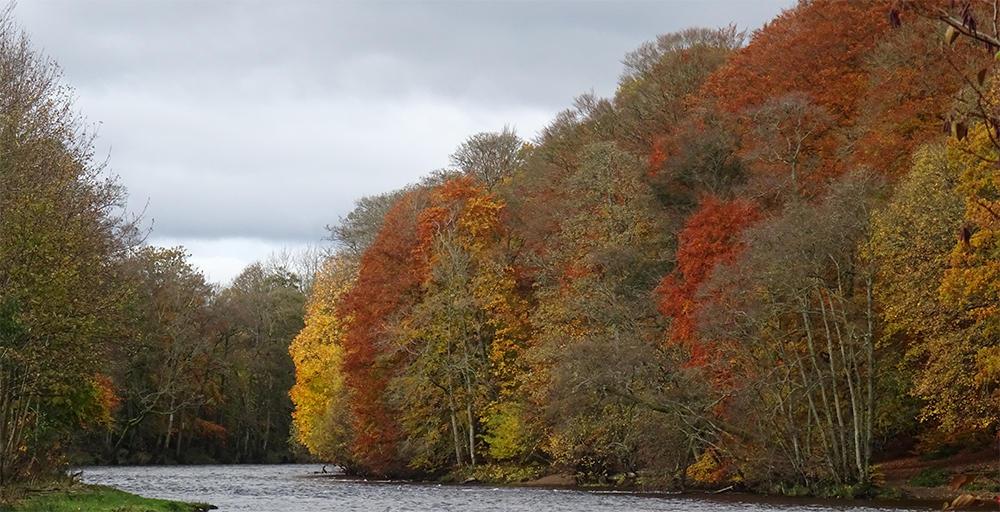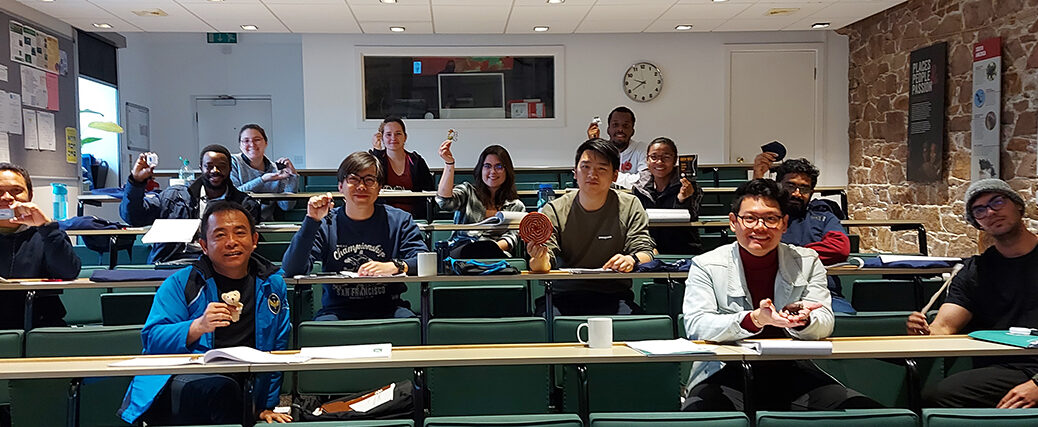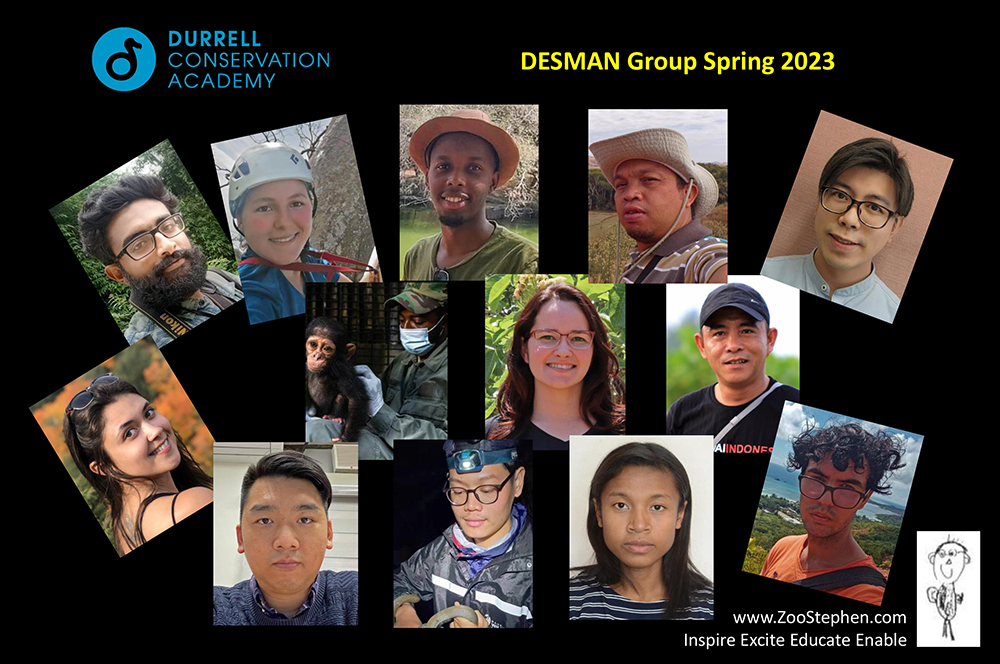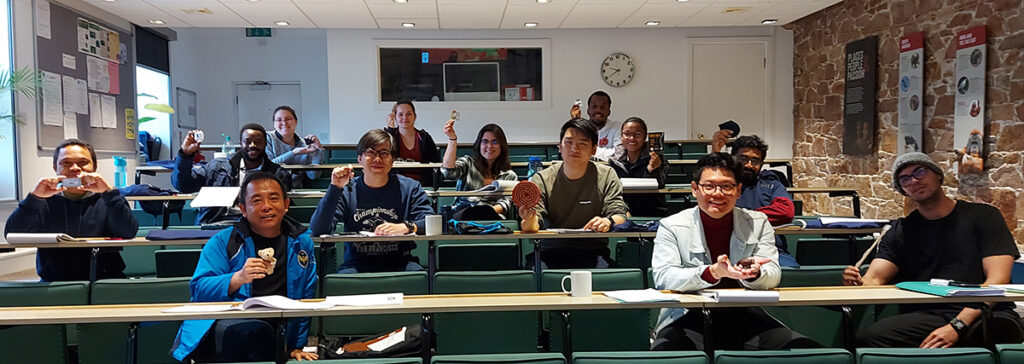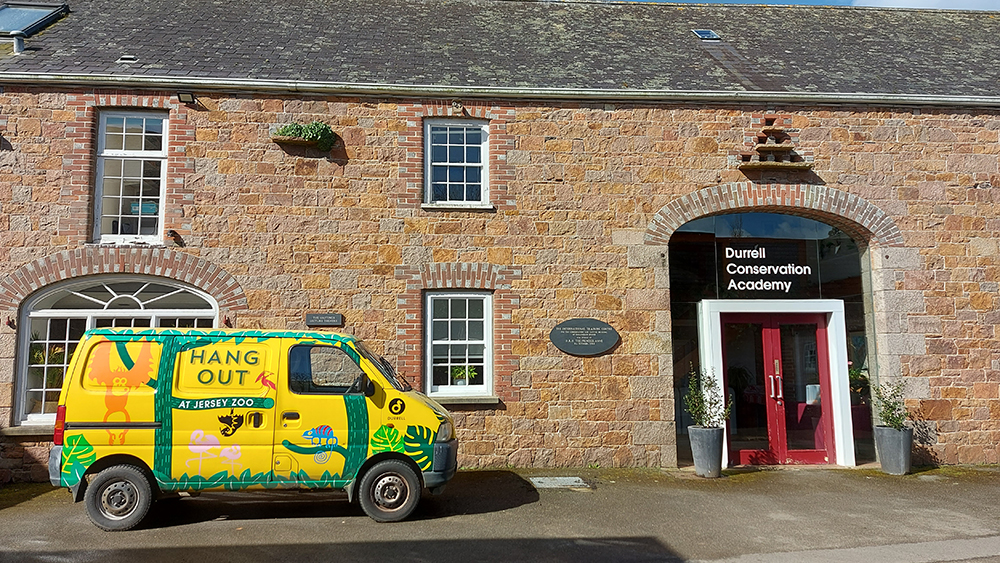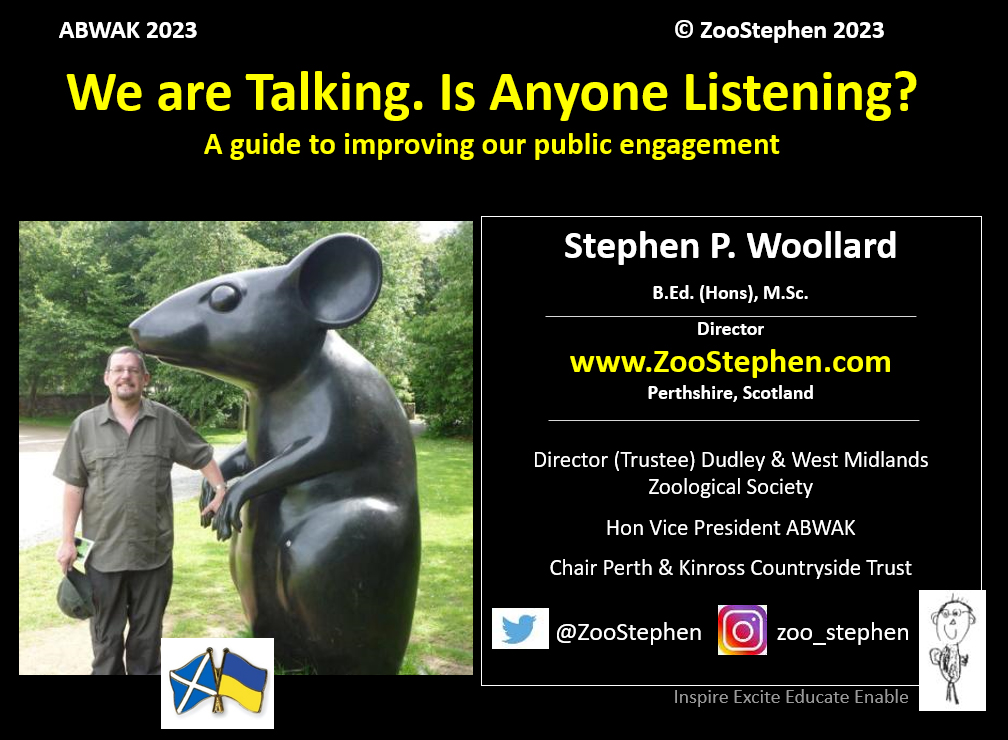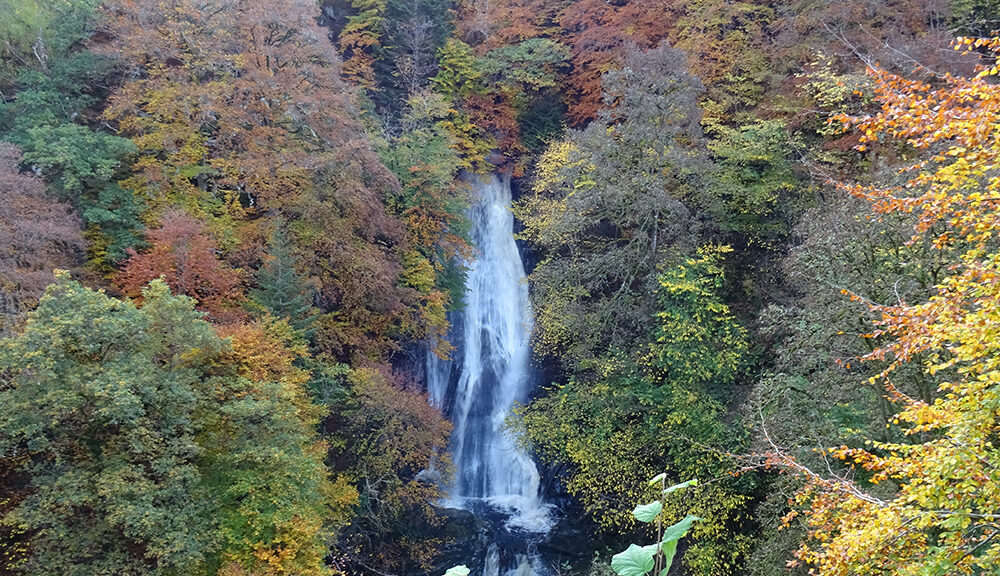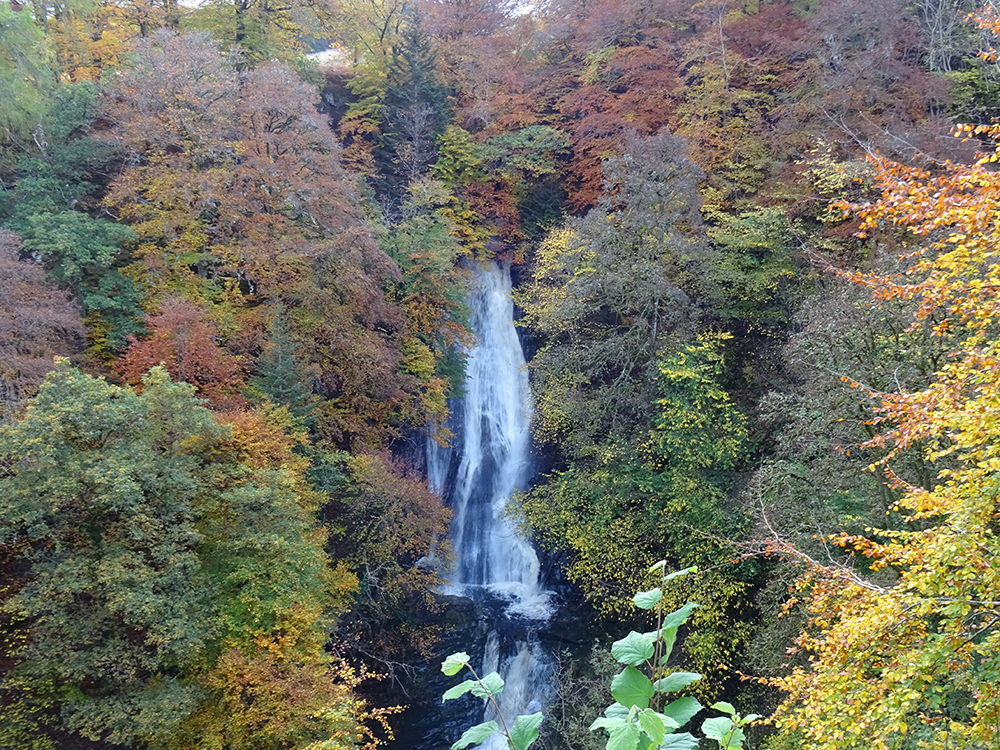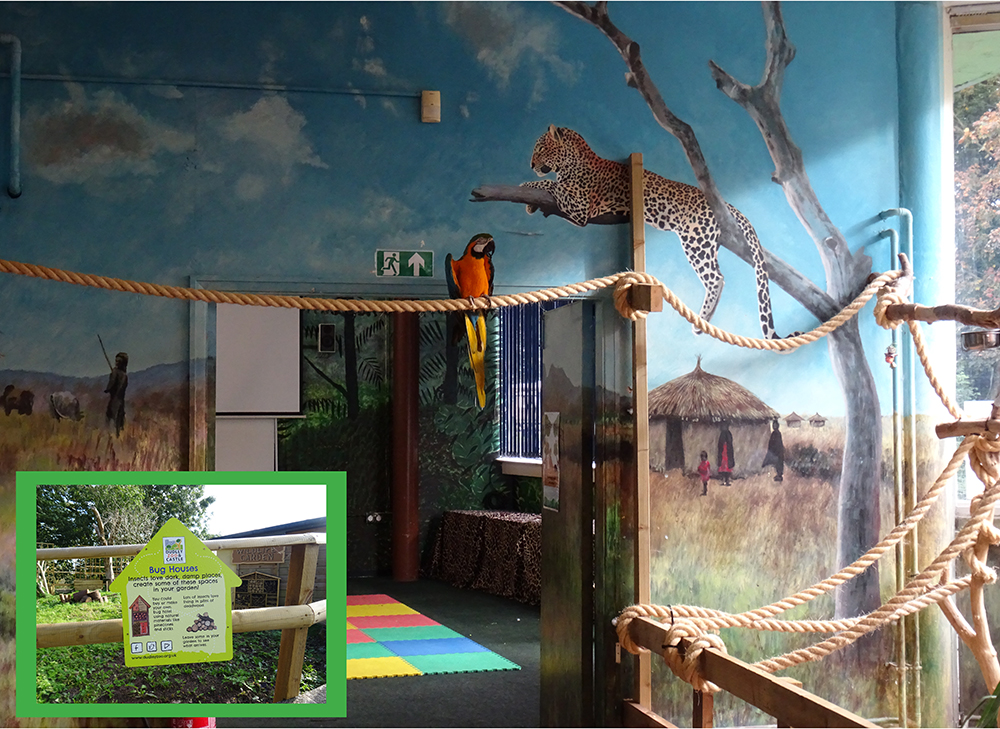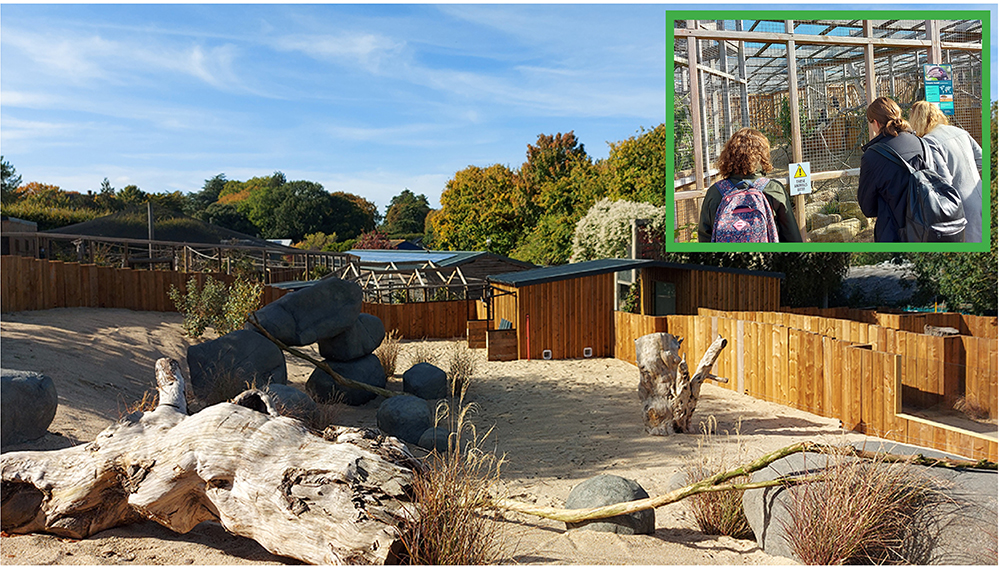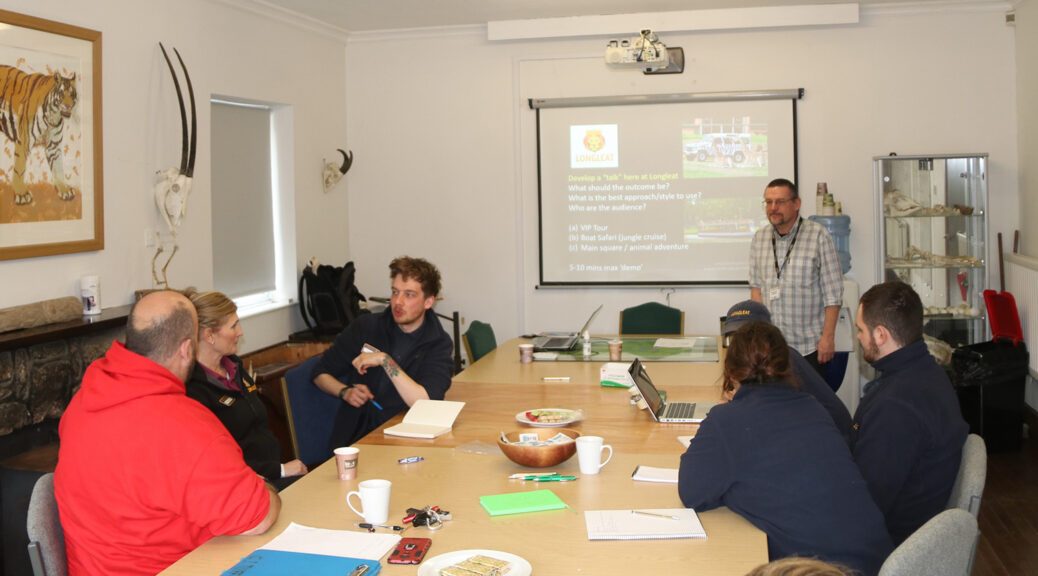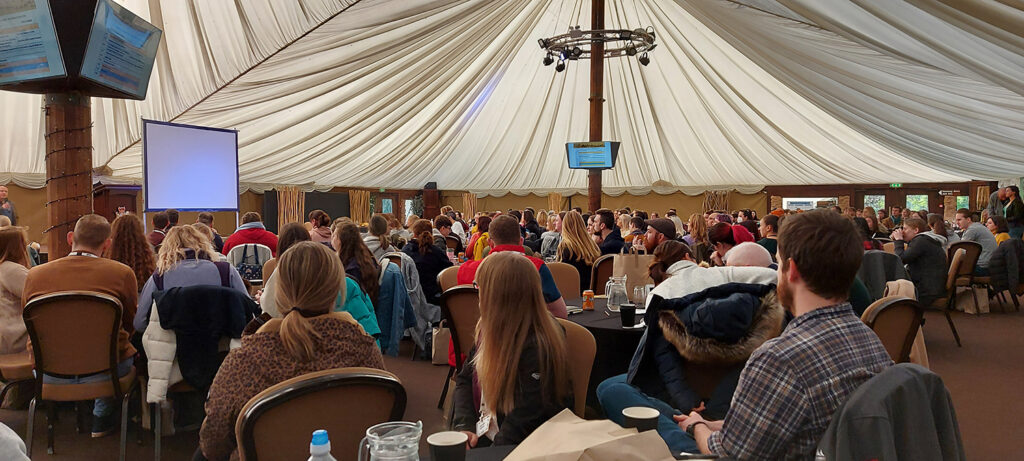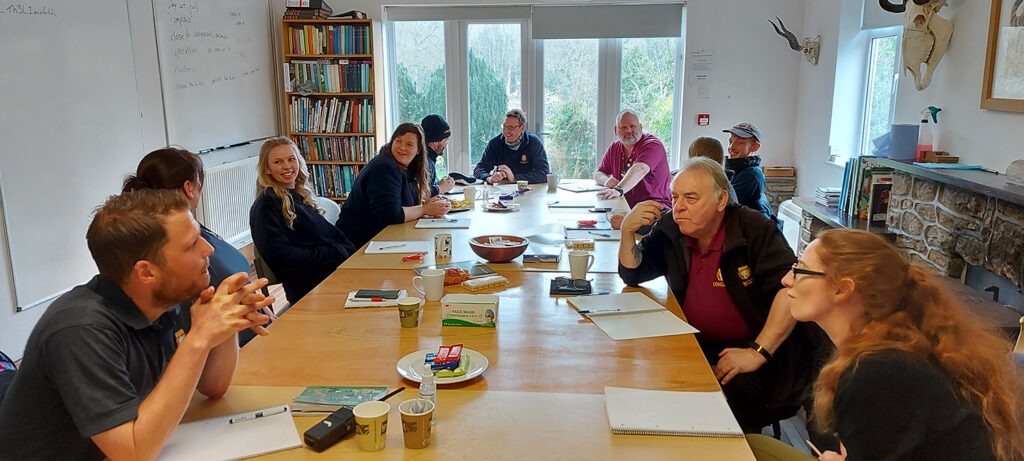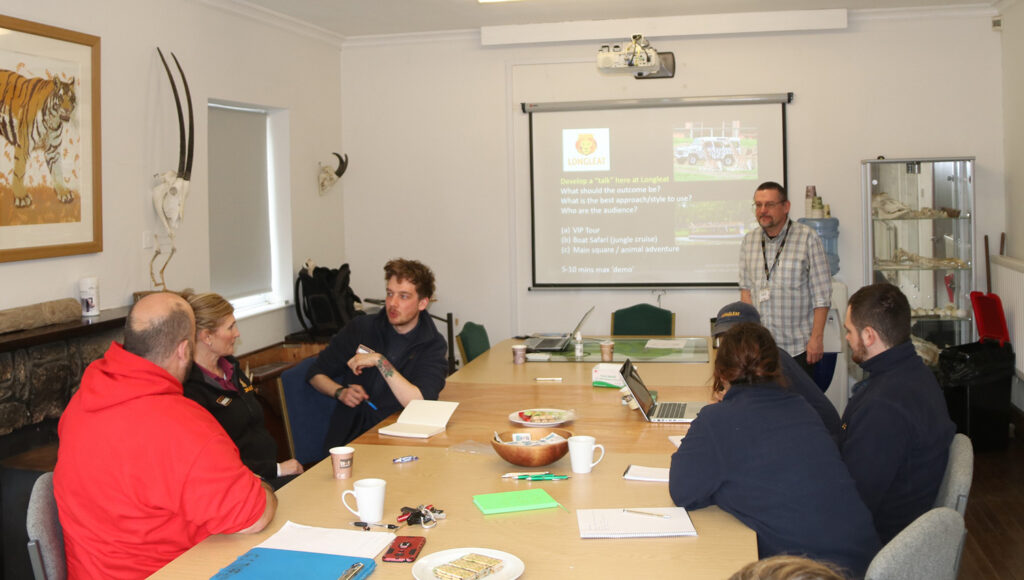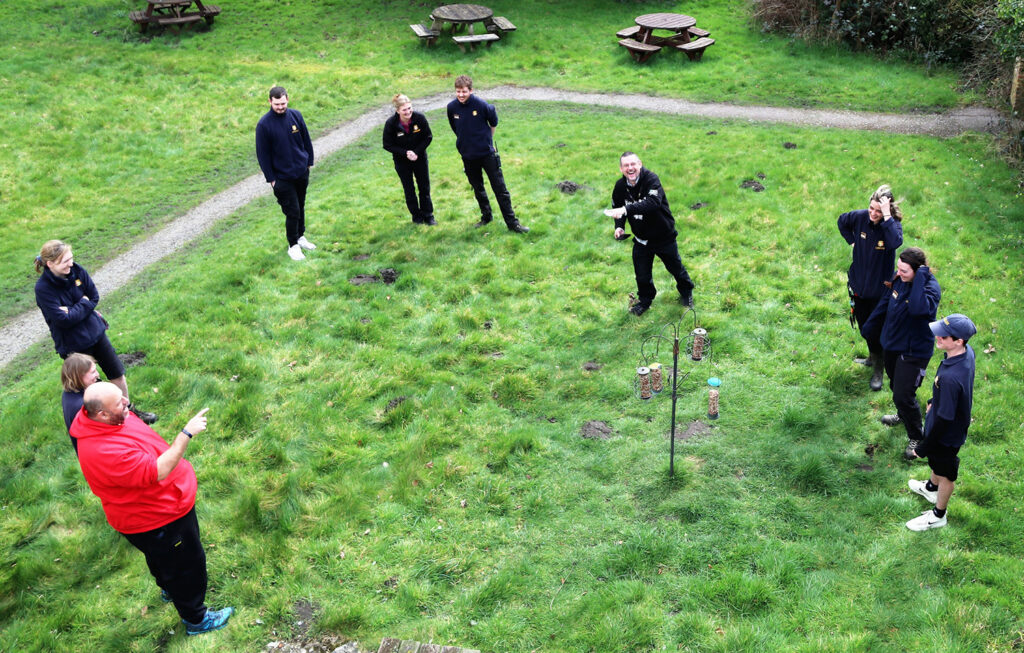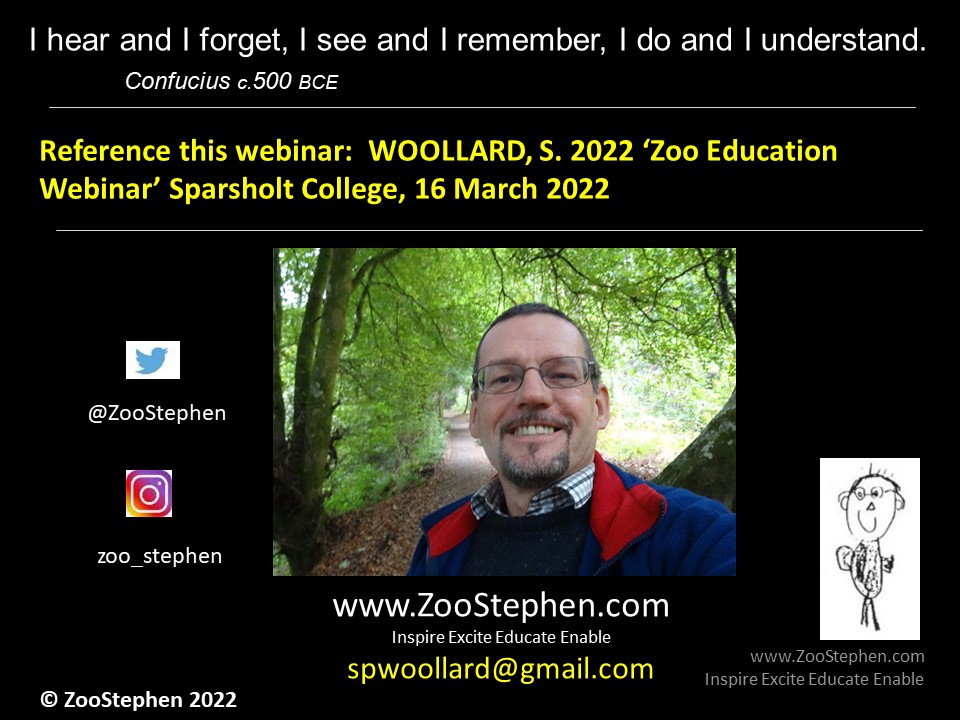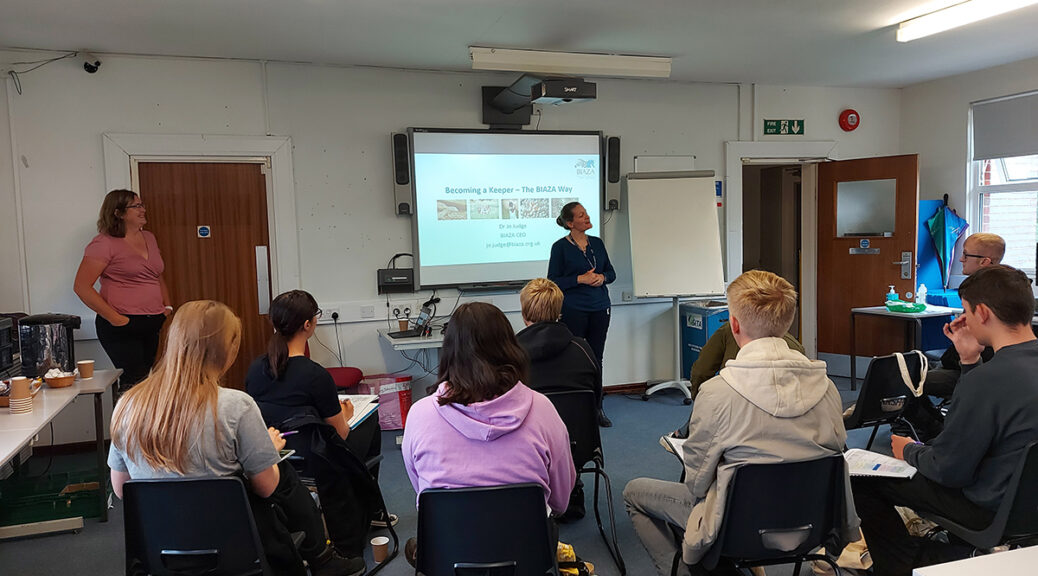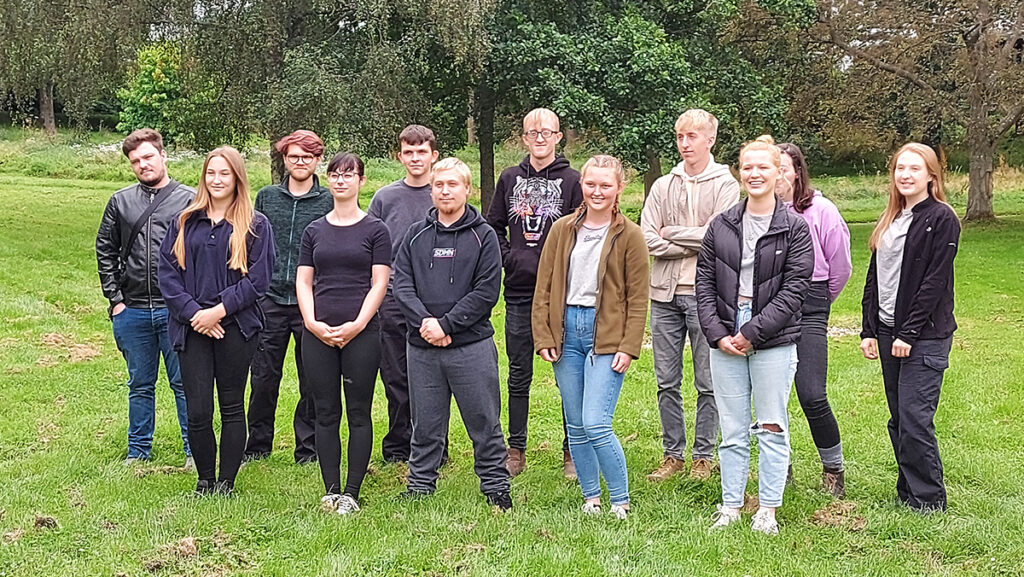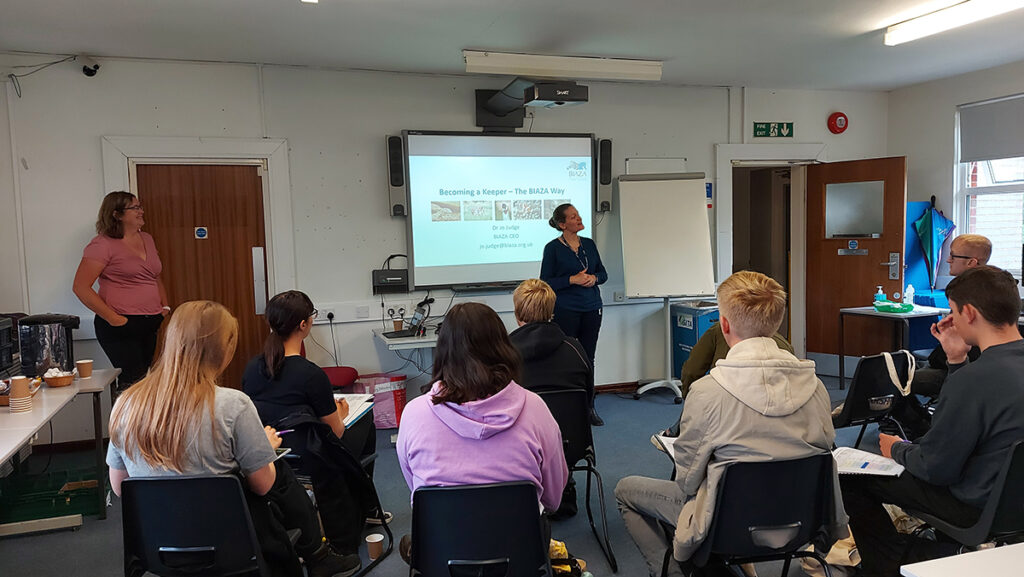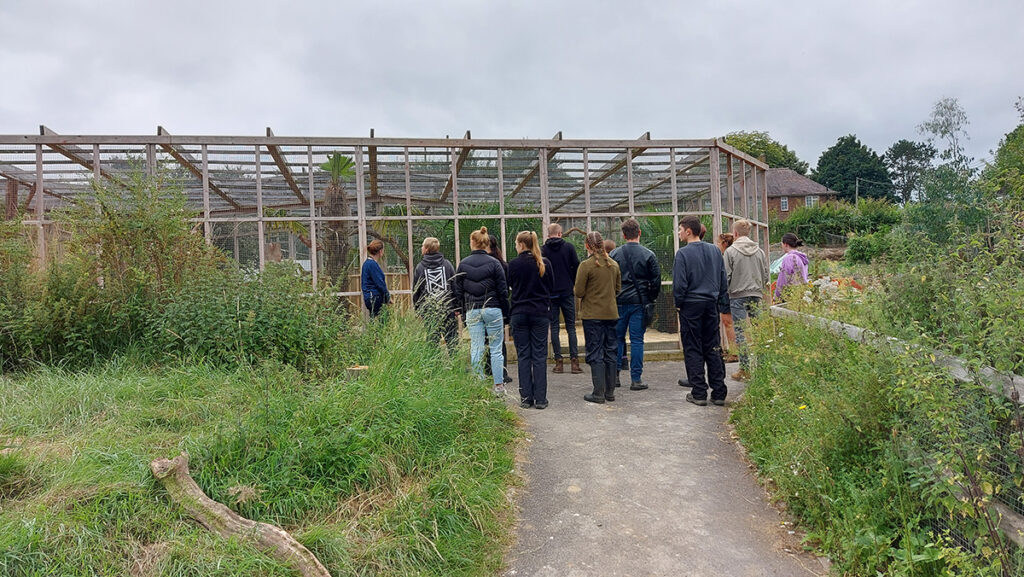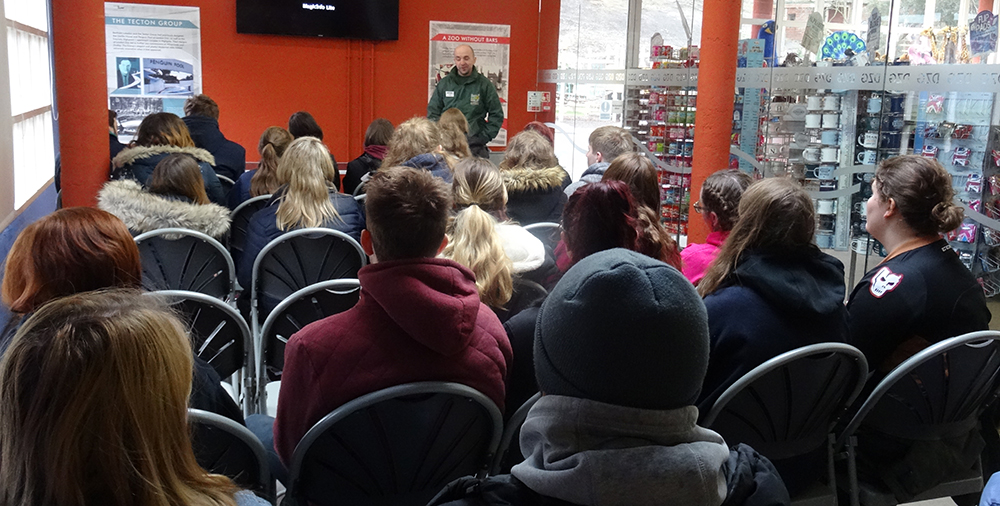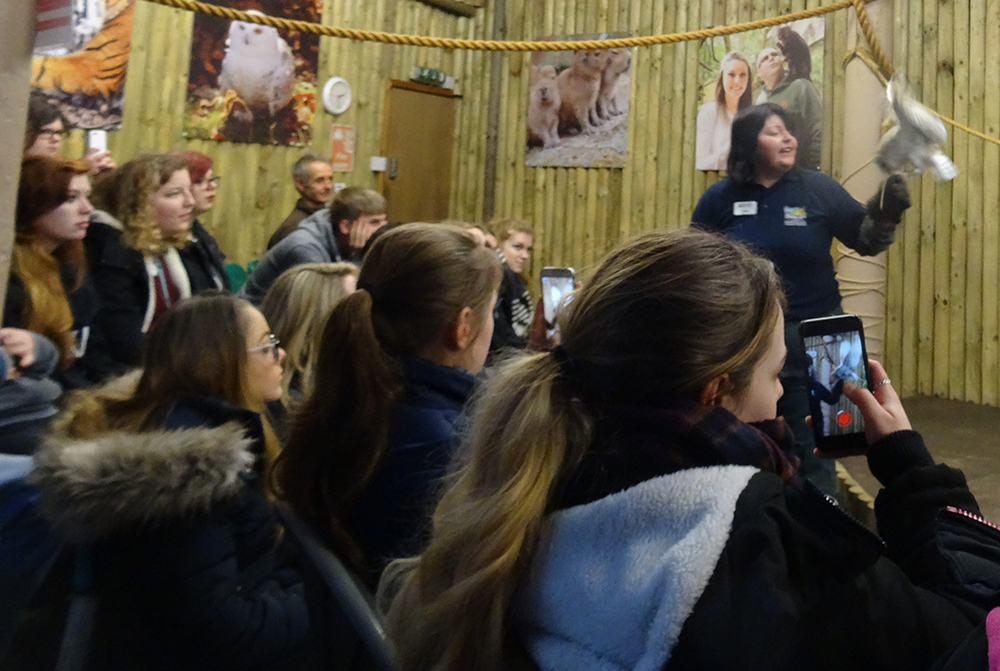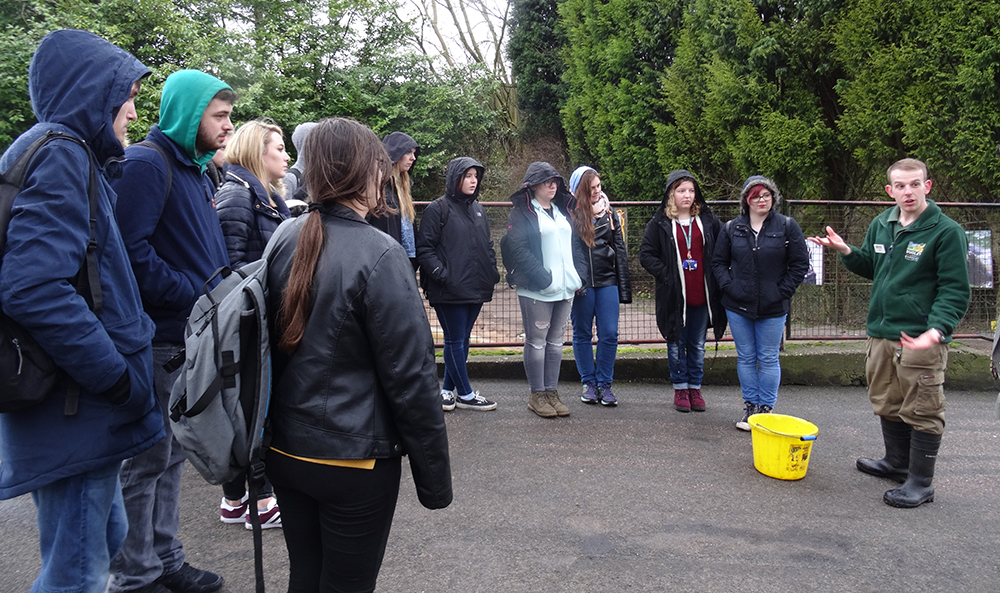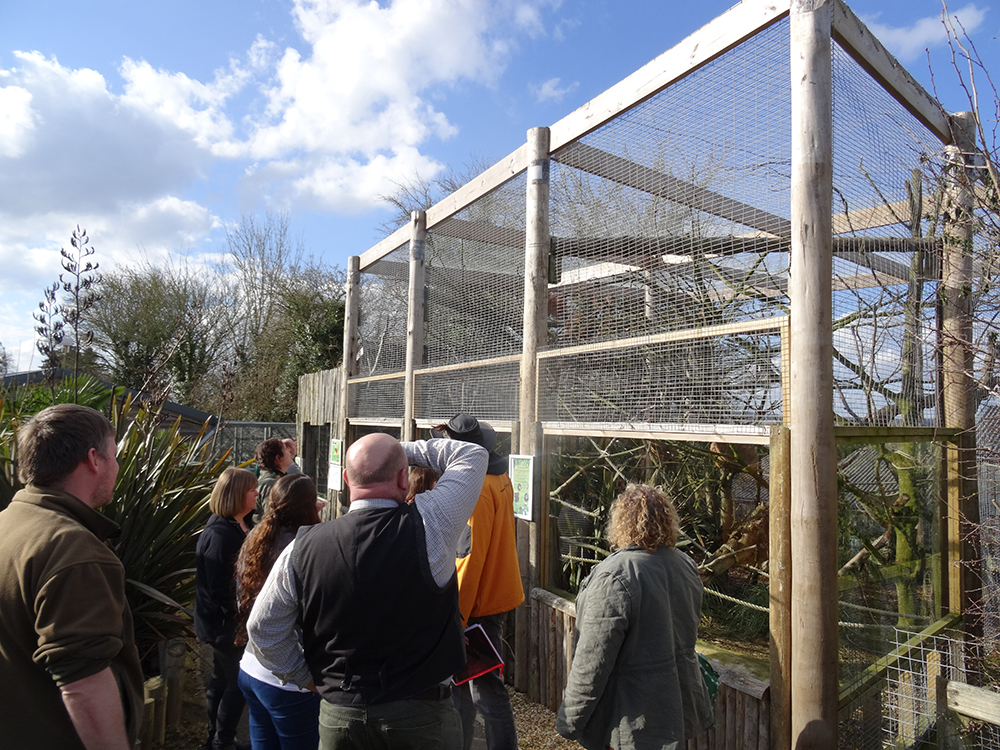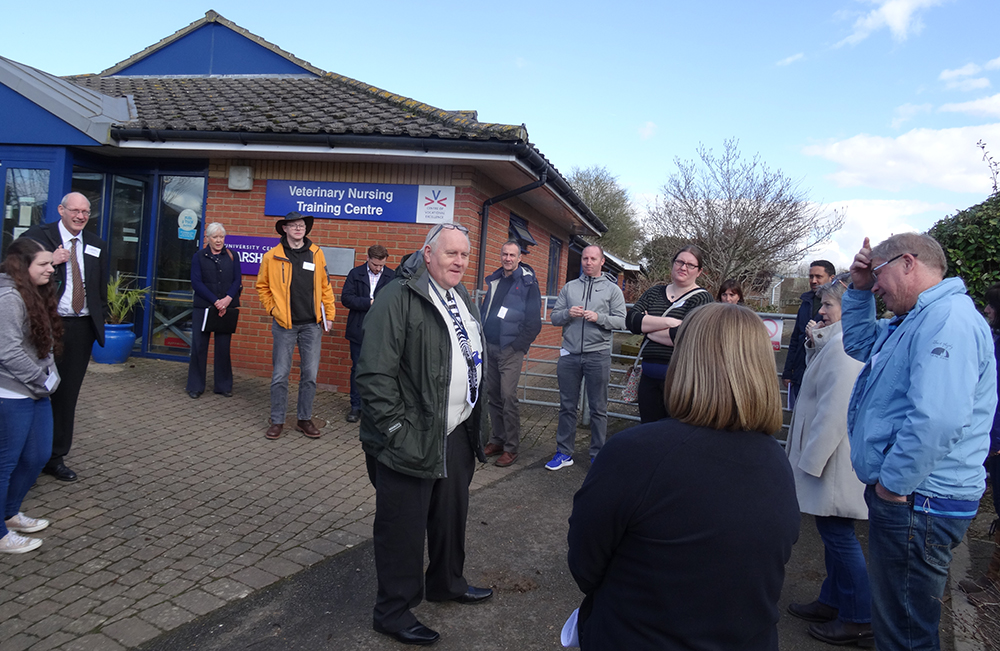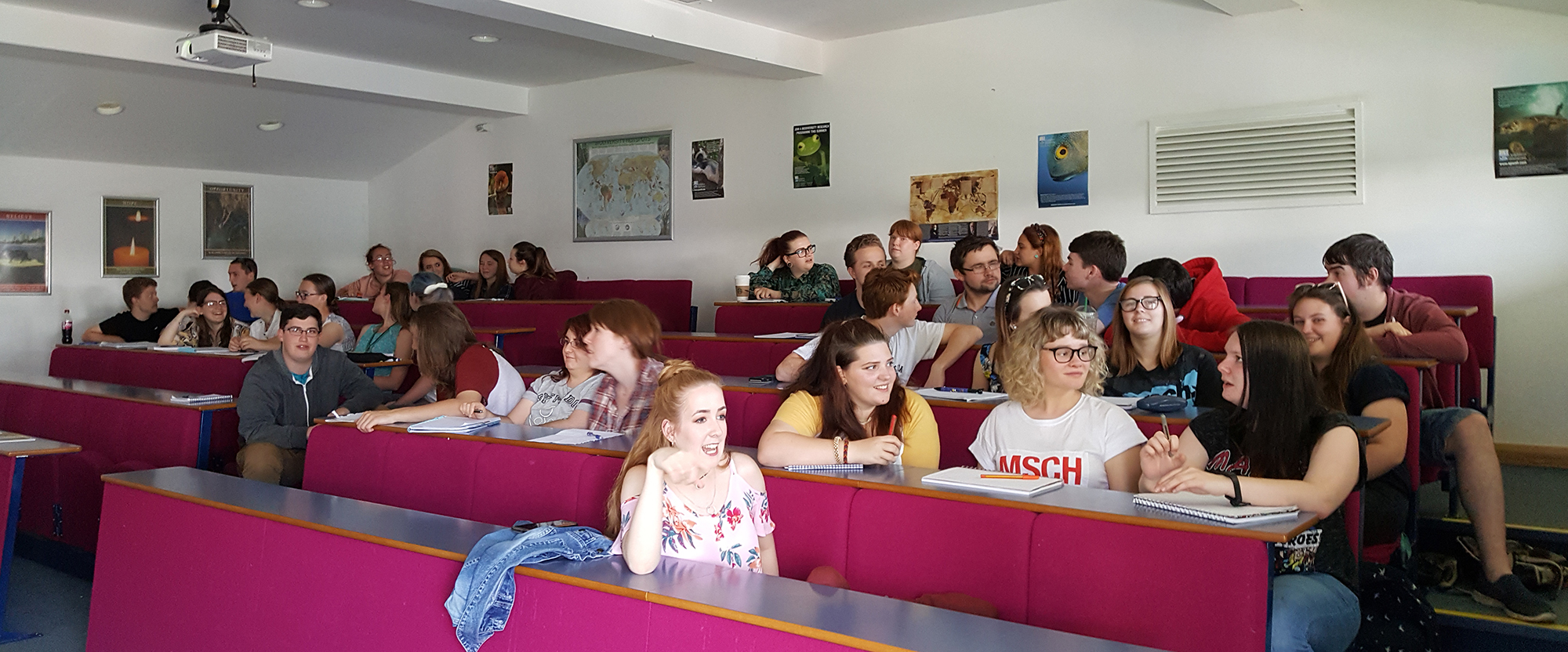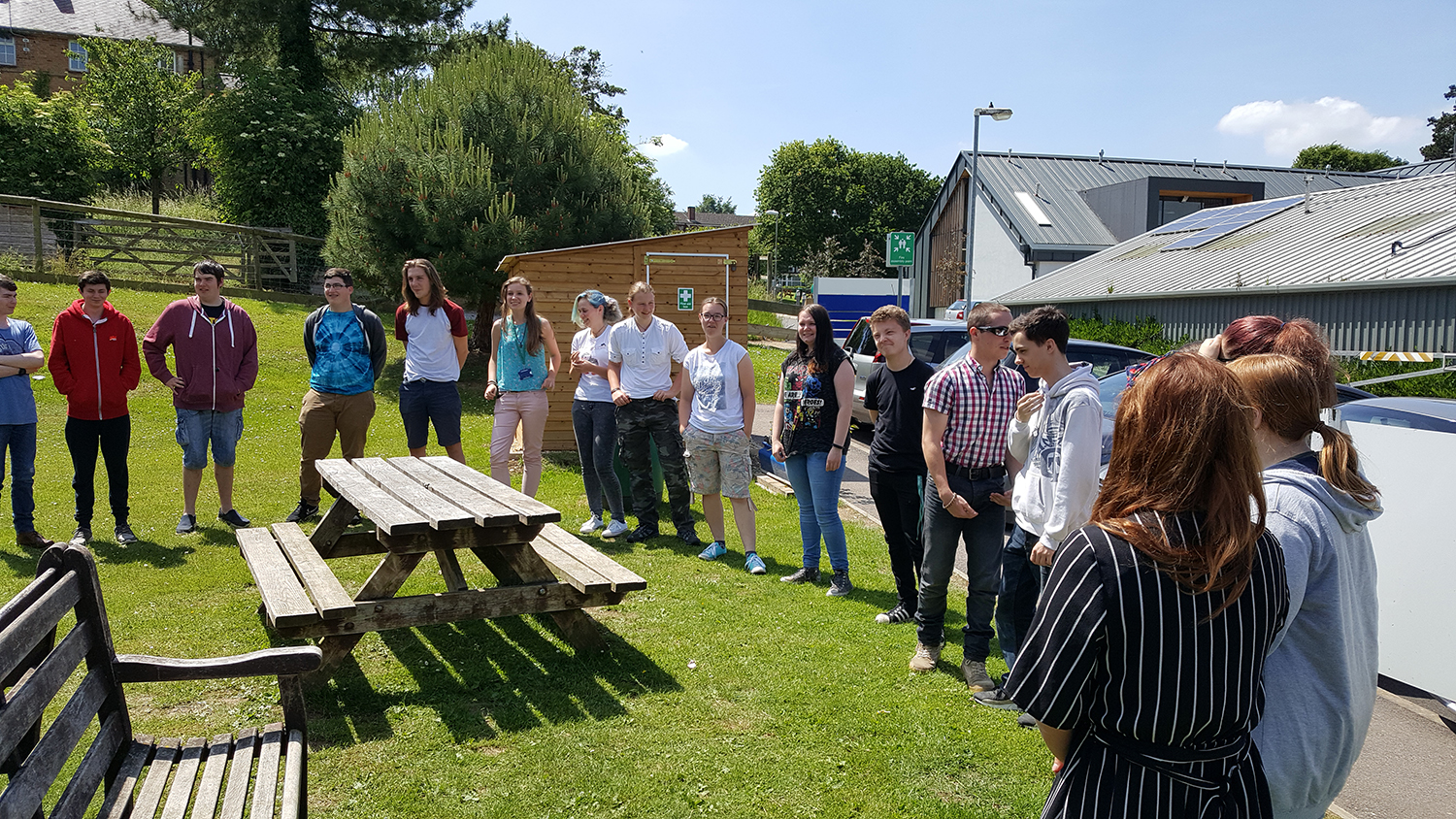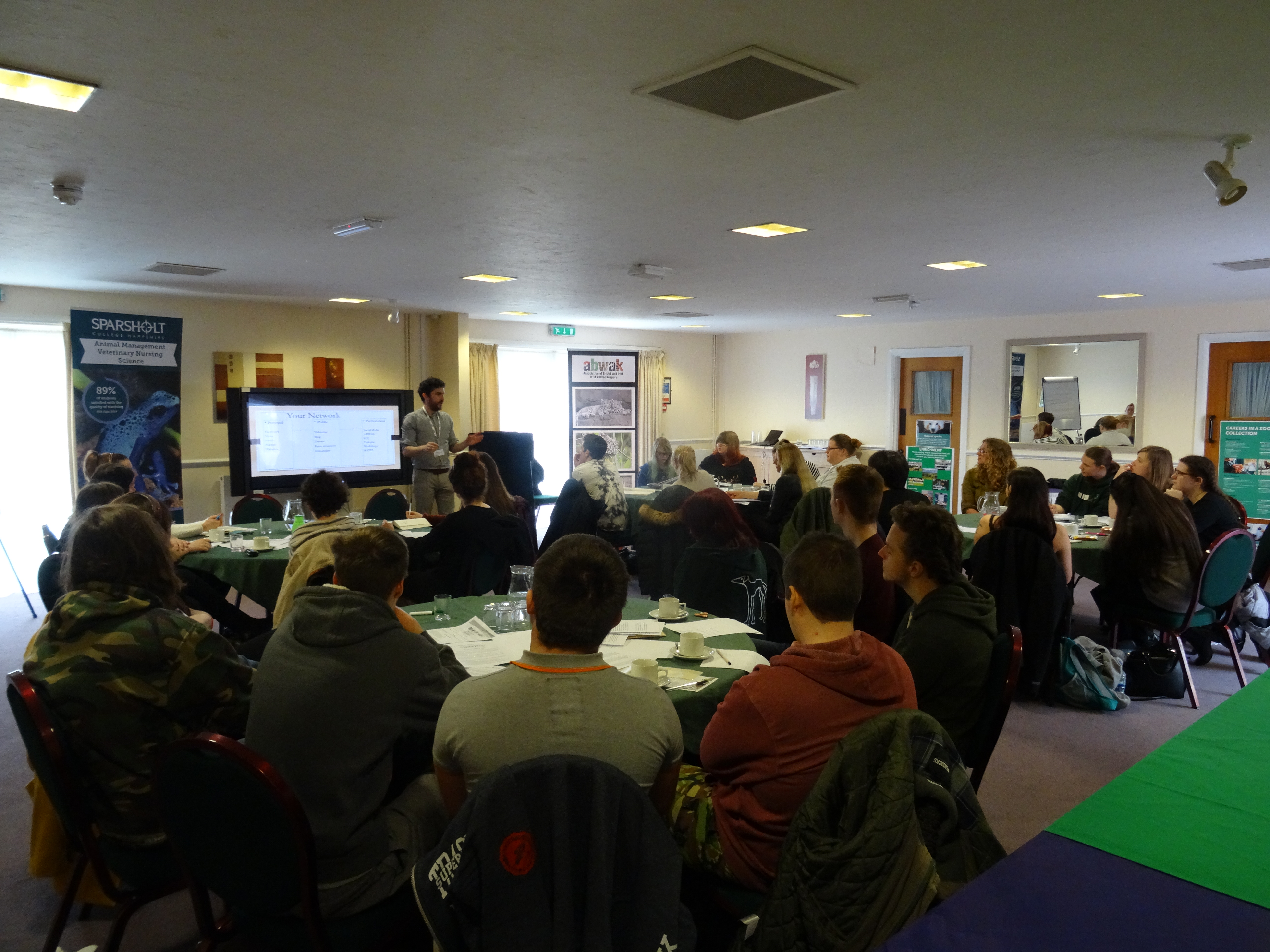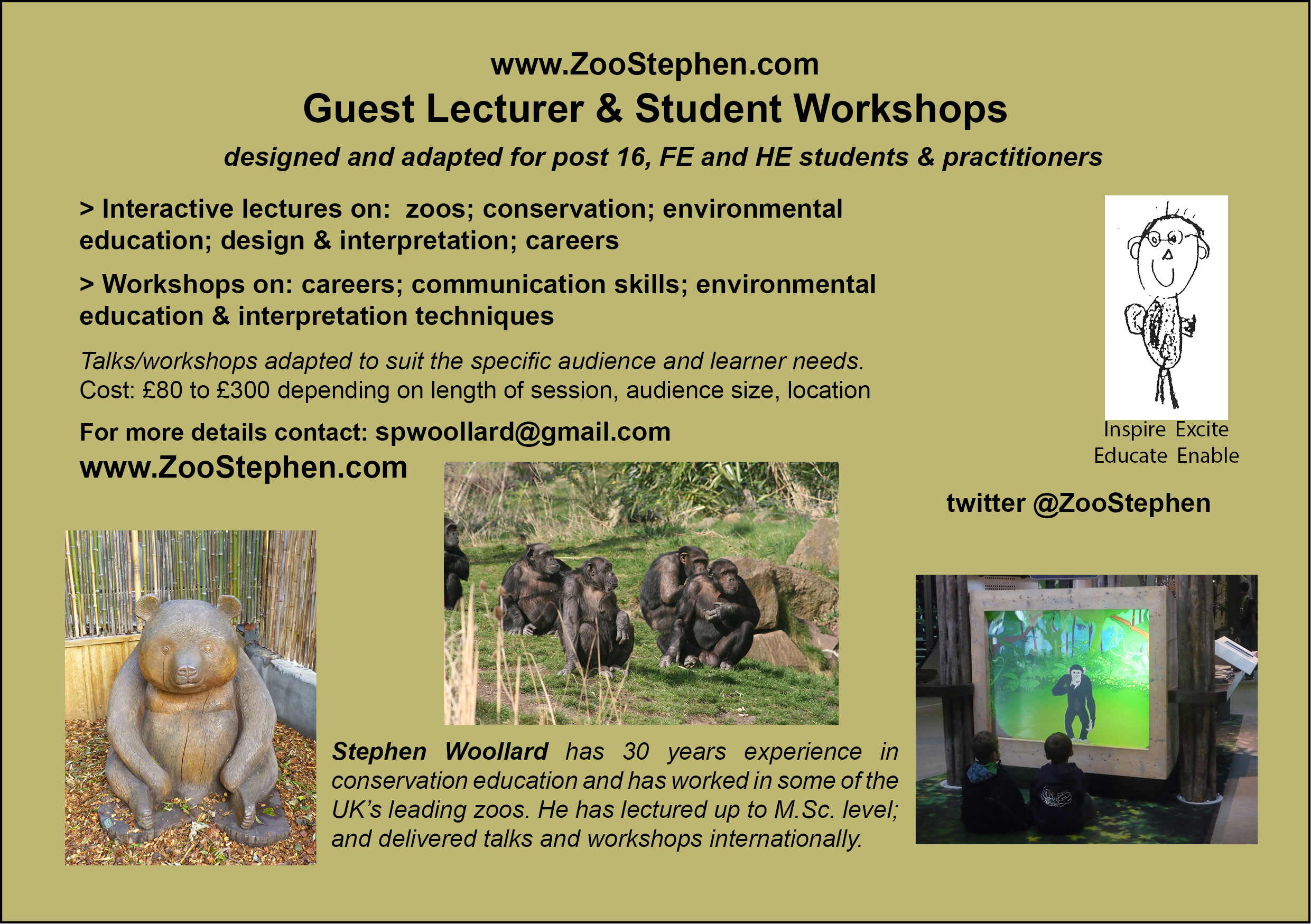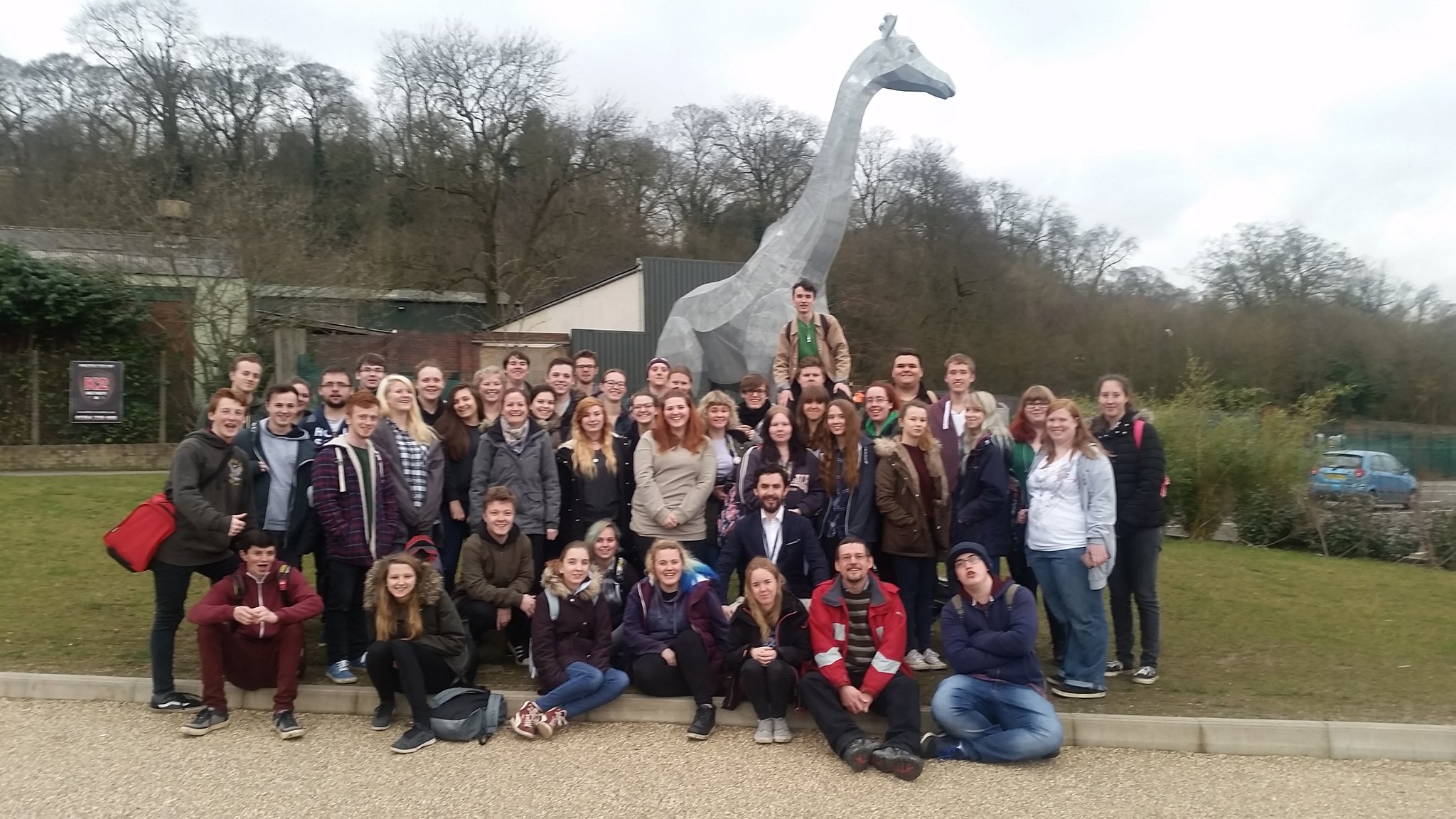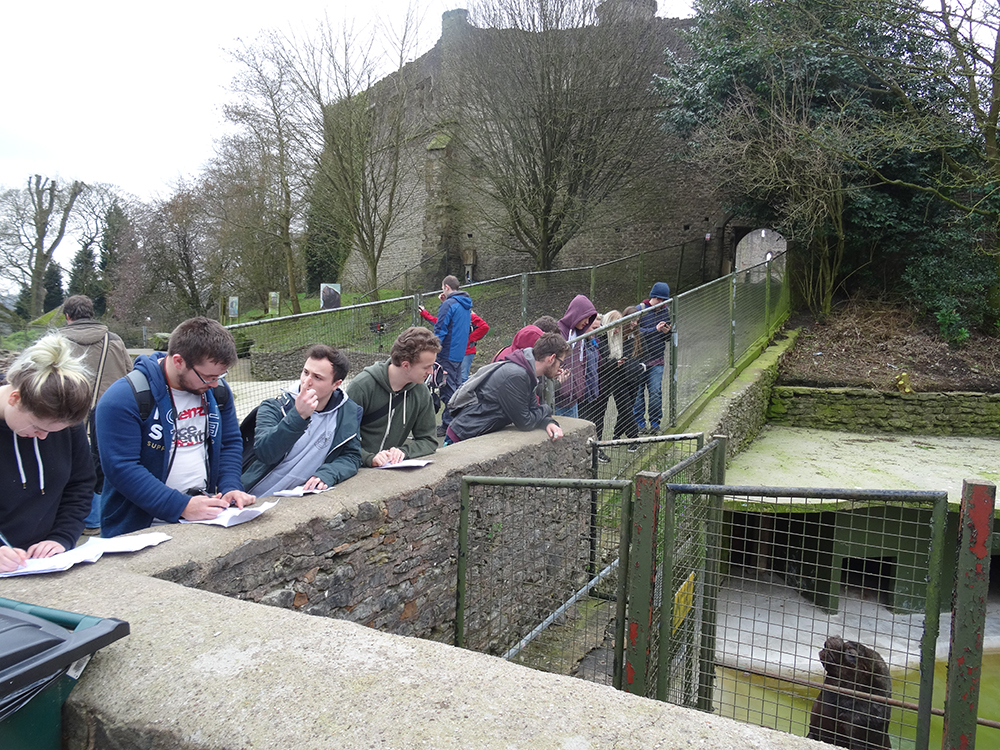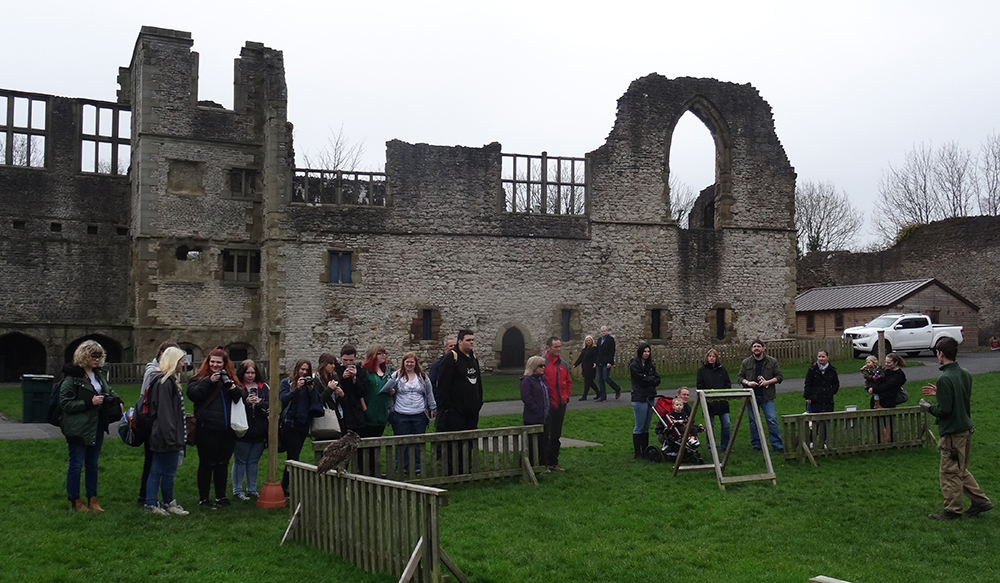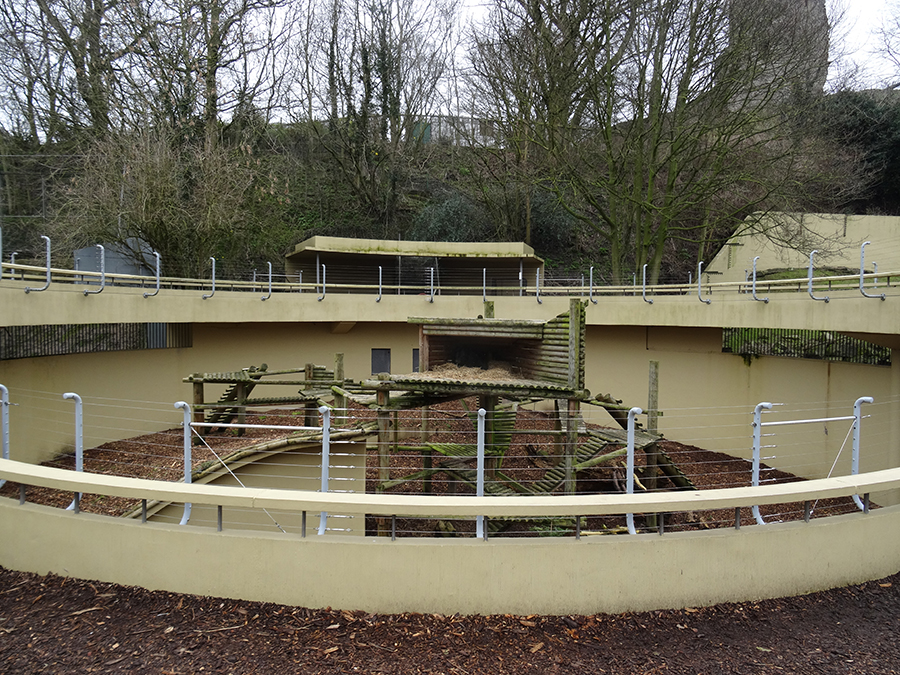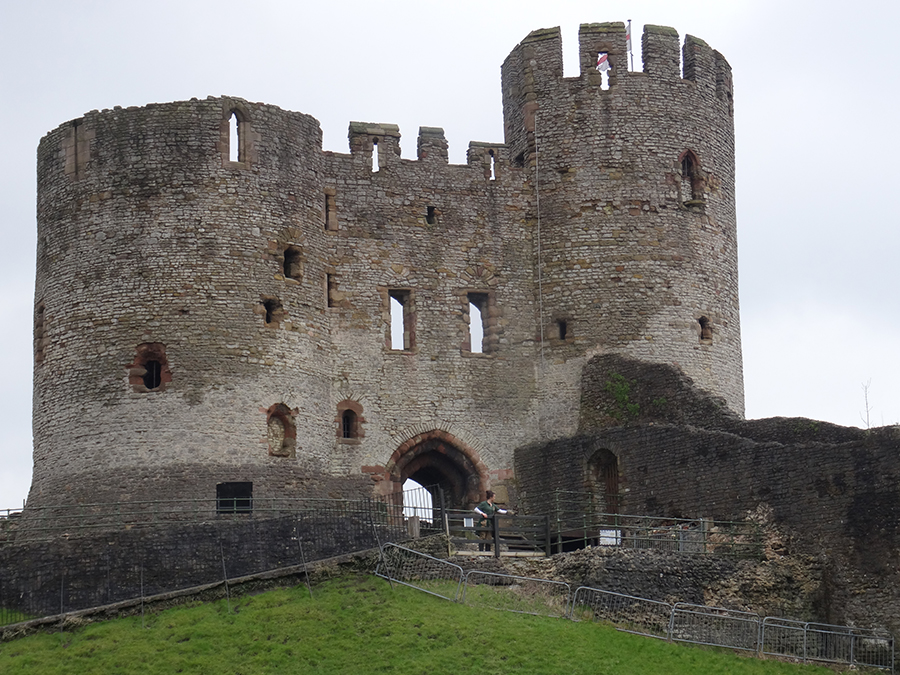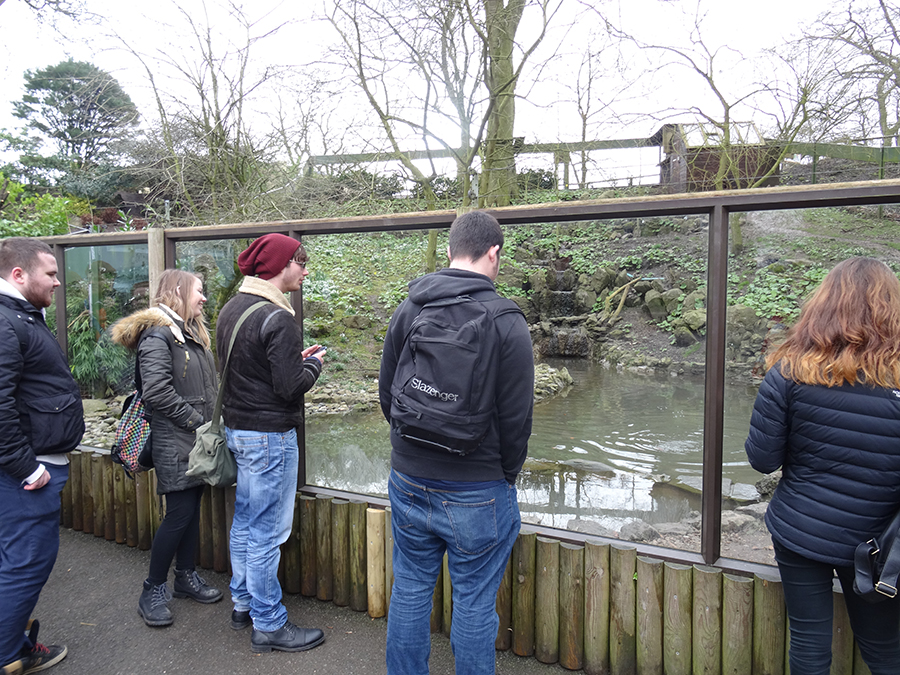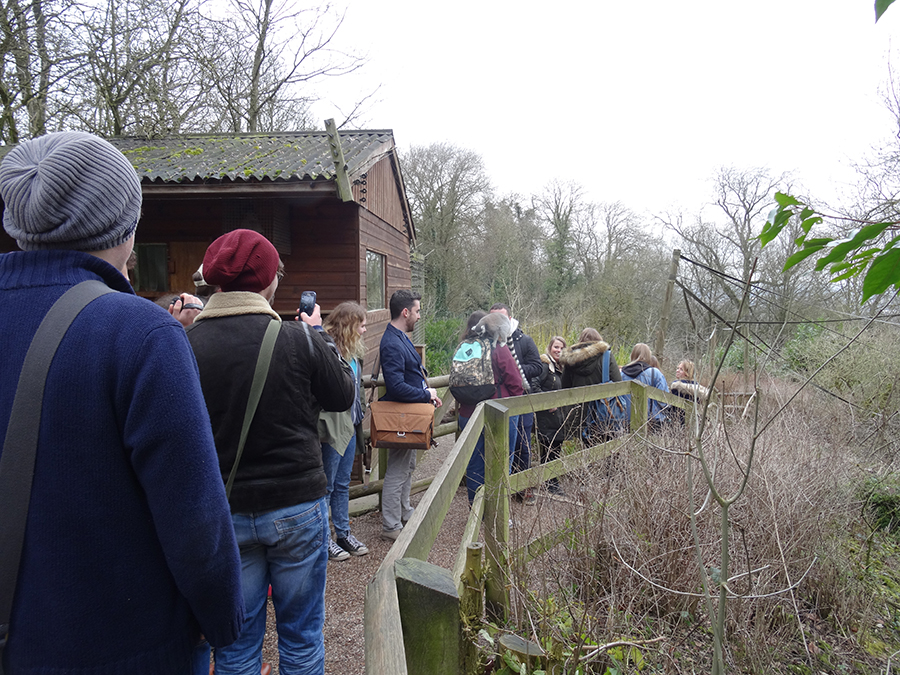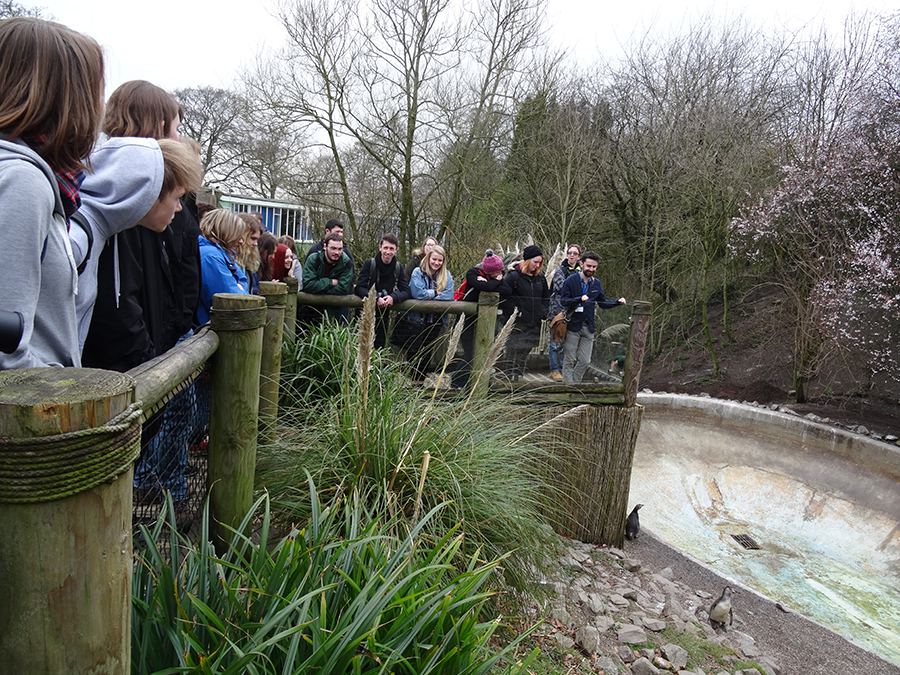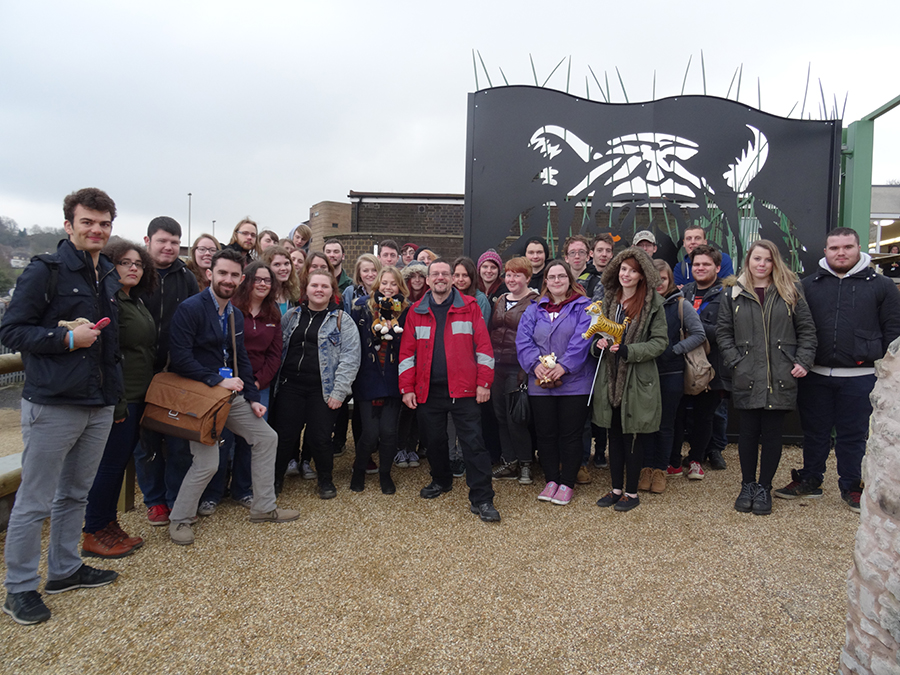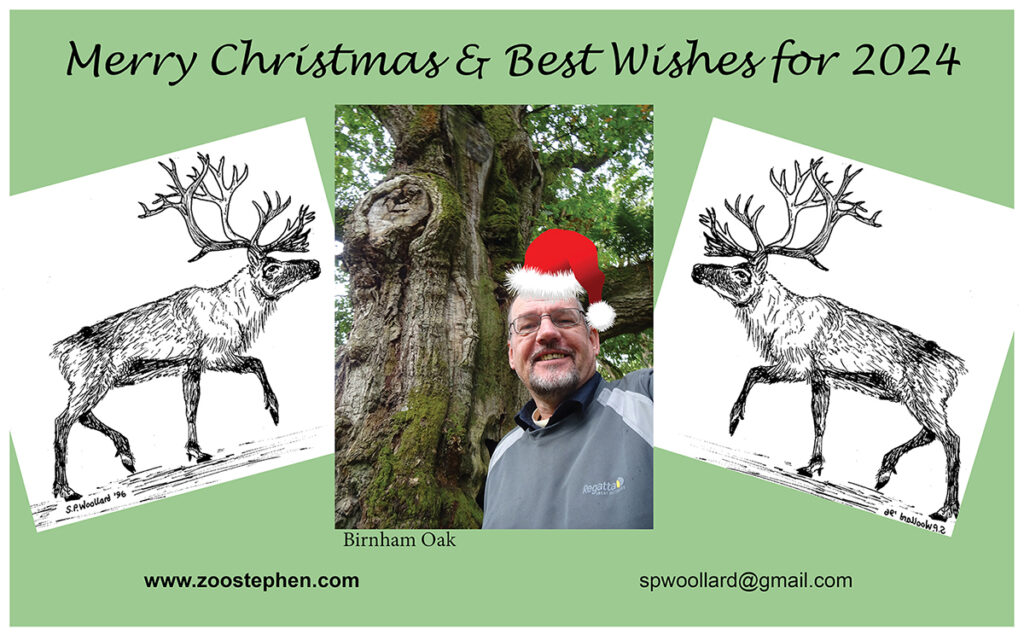
The end of another year and it has been a challenging one in many parts of the world, not least with continuing war in Ukraine and the awful escalated Israel-Palestine conflict. At the same time the global threats to biodiversity and impending effects of climate change and seemingly weak response from world governments, don’t give much cause for optimism. We’ve also seen the power of ‘nature’ with flooding, landslides, powerful storms etc. – and there is stronger evidence to suggest these weather patterns are linked to human impacts on our planet (climate change especially).
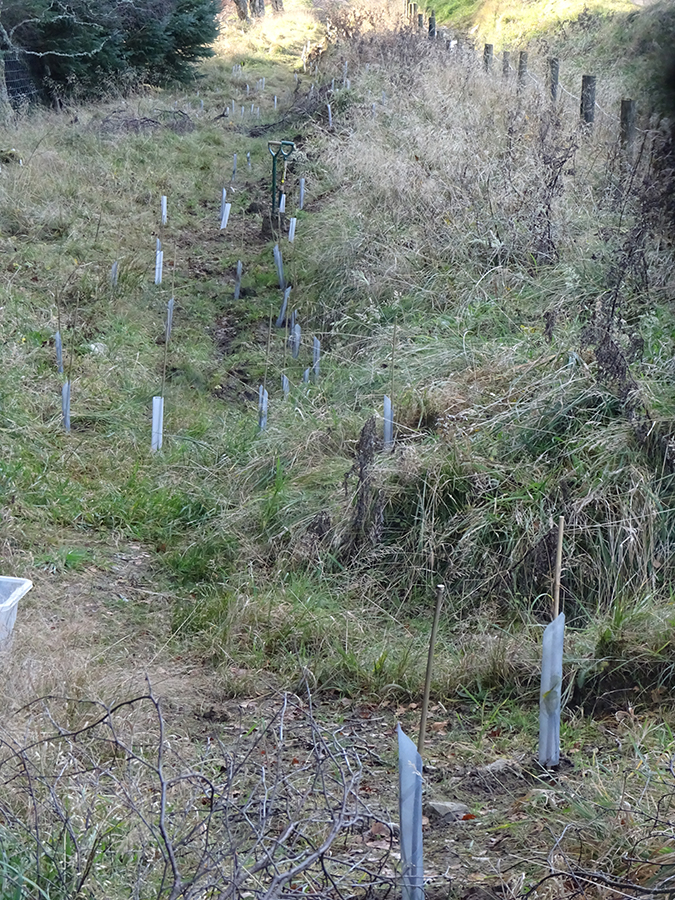
Recently however, I have been heartened to see and be involved with the ‘Tree for Every Child’ initiative of the Perth and Kinross Countryside Trust that I currently Chair. It was great to help plant trees at Glassie Farm above Aberfeldy. Glenlyon Primary school had already planted some trees. Then in December, I joined pupils from St Madoes Primary in planting fruit trees in their village. Hopefully these young people will see their trees grow over the years (and get free fruit).
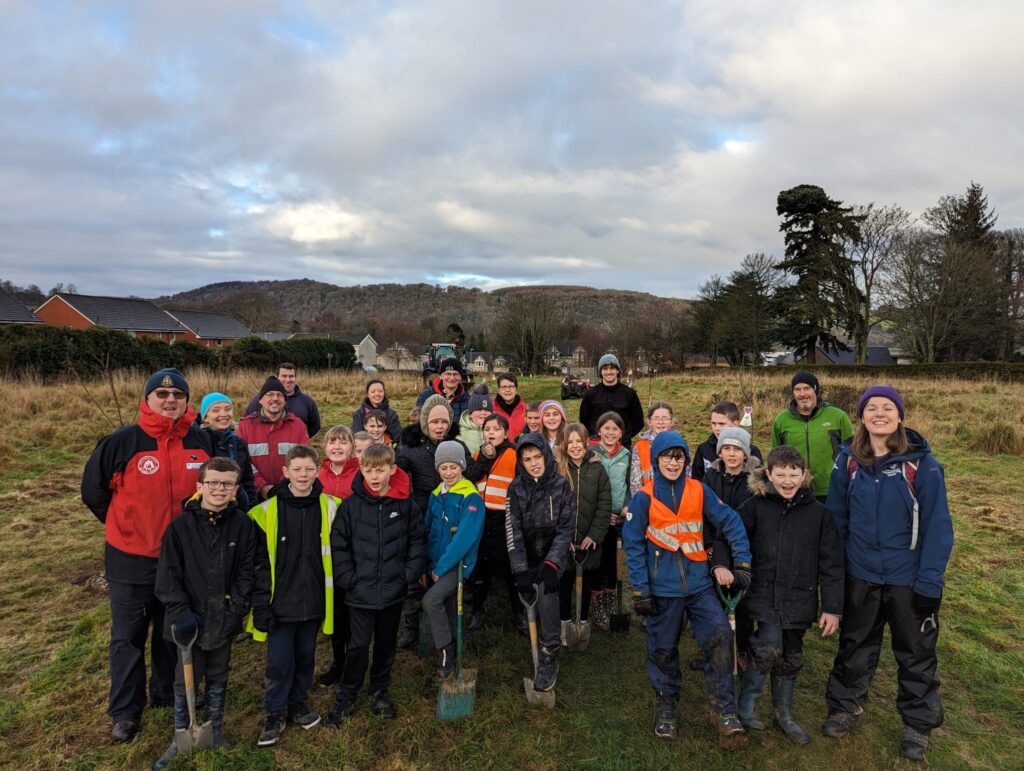
In November, it was good to get a big ‘fix’ of optimism by working with the latest group of students on the Durrell Conservation Academy DESMAN course in Jersey. As usual it was a fun few days covering theory and practice of environmental/conservation education and learning about the work of these inspiring people. The group this time were from Bangladesh, Colombia, Indonesia, Madagascar, Oman, Philippines, Saudia Arabia, Singapore and UK.
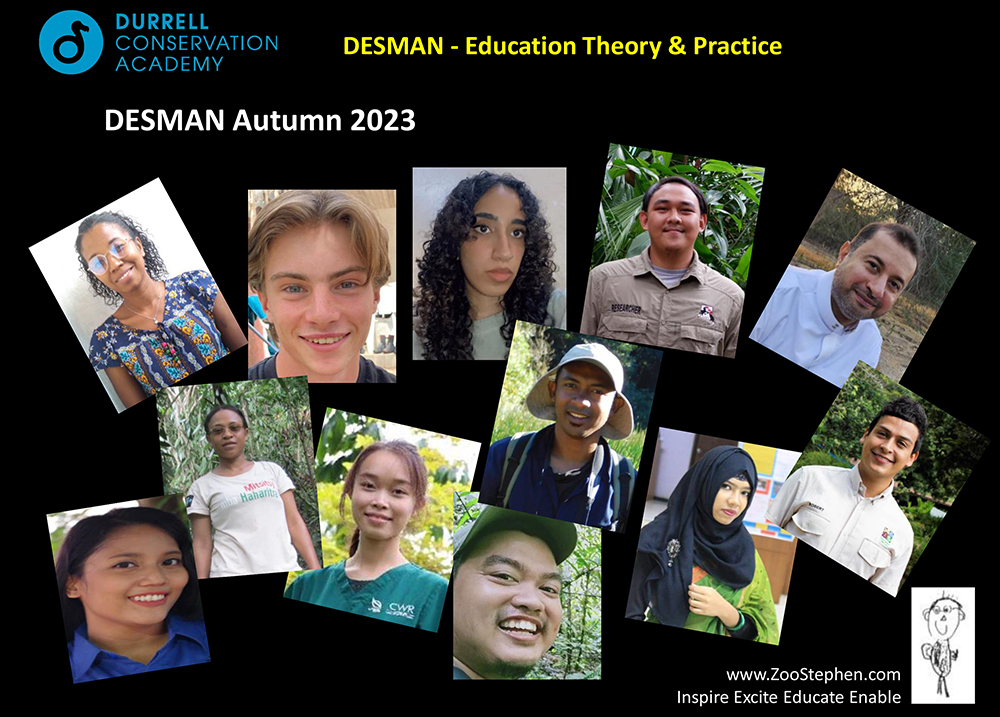
Meanwhile, a new group of zookeepers and volunteer keepers began their work on the BIAZA – Sparsholt College DMZAA and CMZAAV online course and its great to be an assessor on year 1 once again.
So as Christmas comes and goes and we celebrate the arrival of 2024, what new resolutions should we have…. be happy, be positive, be optimistic and look forward to continuing to enjoy nature around us and celebrate those that are helping and making a difference.

